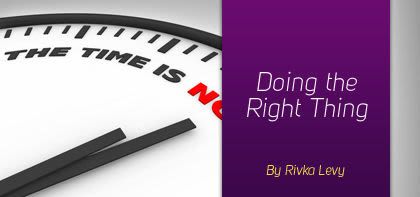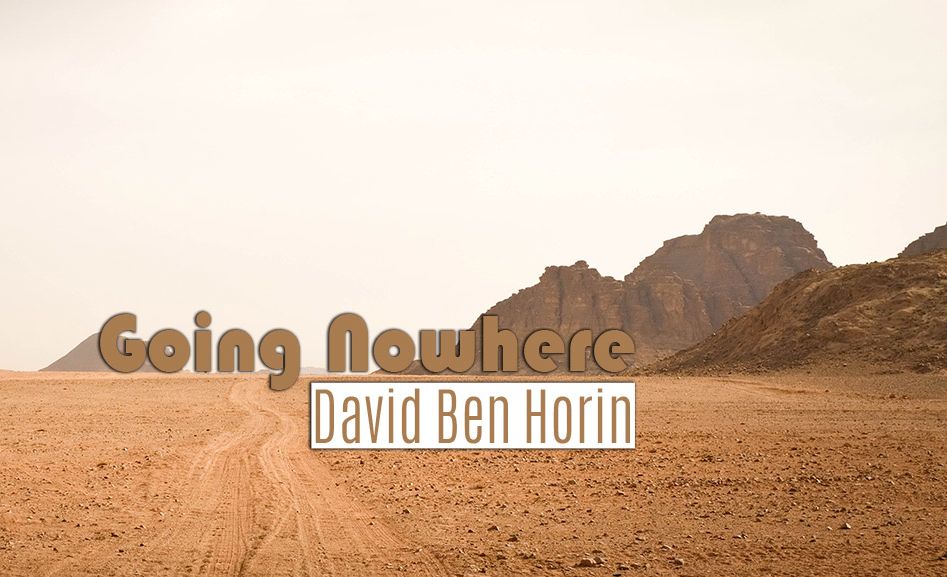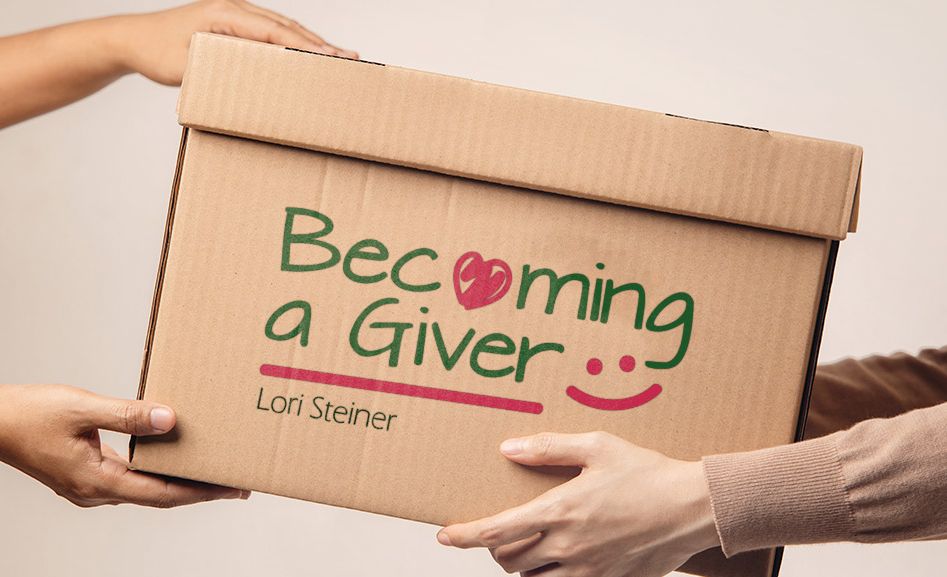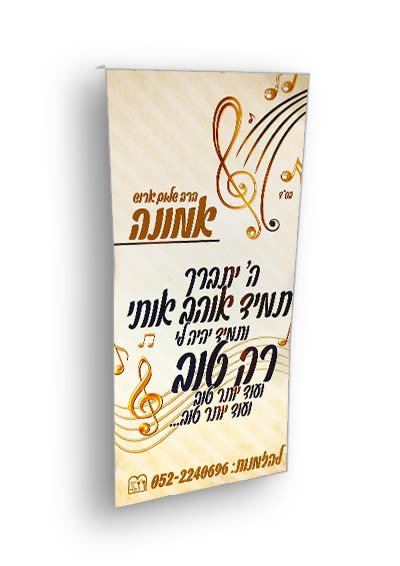
Doing the Right Thing
Her casual friend was diagnosed with a terminal disease; what should she do, talk about emuna or not? Would it be like preaching?

Sometimes (OK, often; OK, usually; OK, nearly always…) it’s really hard to know what the ‘right thing’ is. Do I stay in the horrible, soul-destroying, blackberry-demanding job, or do I quit and jump into a very tight job market where people are being laid off left, rightת and center?
Do I tell my kid off for ‘forgetting’ to wear her socks, or do I pretend I didn’t really see it? Do I invite people for Shabbat lunch that I really don’t like, for the sake of promoting peace and love in the world, or do I accept that’s going to be a really bad idea and just try to like them more from a distance?
Questions, questions, questions. And if I didn’t try and do hitbodedut every day, I know I’d be coming up with far more wrong answers than otherwise. But even with the daily chats to G-d, I don’t always manage to work out what is ‘the right thing’.
A case in point: a few weeks’ ago, one of our ‘friendly acquaintances’ from one of the old places we used to live got diagnosed with something nasty. After the diagnosis was made, but before they found out that it was apparently ‘inoperable’, I went to visit them, and to drop in a Garden of Gratitude.
When we lived in the same community, we used to have a lot of ‘interesting’ discussions. Very early on, we realized that we were really not on the same page in about 100 different ways. But they still invited us for Shabbat, and we still invited them back.
We were ‘Shabbat friends’, but we didn’t really go past that, because whenever we tried, it just ended up in a potentially fraught, tense conversation.
So I wasn’t sure if I was doing the right thing by visiting, and popping in the book. What if they didn’t really want to hear anything ‘religious’? What if they would think I was trying to score points, G-d forbid, or preach at them?
I weighed it all up, but I decided to drop the book in anyway, as it really could mean the difference between life and death. I stayed for 15 minutes, we had a nice, if bland chat, which really reaffirmed that despite all of our differences, they were great people in their own way, and I left.
Then a few days later, word got around that ‘it’ was apparently inoperable – and half of the couple was really starting not to cope so well. I ummed. I ahhhed. I asked my husband to email, to see if they felt like going for a coffee or something. They didn’t. And then I did what I always do when I feel physically stymied and incapable of doing anything else: I prayed that they would have a complete recovery.
Then, I started re-reading the English copy of The Garden Gratitude, and I realized it was full of stories of people that had gotten over potentially terminal diseases, simply by thanking Hashem.
What to do?
I thought to myself, it’s not my job to go around trying to fix people. I’ve dropped in the book. I’ve tried to make myself available. There’s an answer out there if they are interested….
But then, I started to hear more and more miraculous stories about people who got well by thanking Hashem – and I got even more confused about the right thing to do. This wasn’t just some talk about politics, or sick pets, or even kids going off the derech. This was potentially life or death.
I ummed, I ahhed, I did some more hitbodedut – and then I decided to call them. Before I picked up the phone, I asked G-d to please give me the words to get His message across to them.
And what was His message? That there’s hope. That miracle cures are not so miraculous. That saying ‘thank You’ can turn even the most desperate situation around in a second.
But it was going to be a tough call, because it was all the stuff we’d disagreed upon so many times before, and all the stuff that really, truly, they didn’t want to hear about.
As always, they were so friendly and so polite. They’d just had the first dose of chemotherapy, so they were very weak, and I tried to keep the conversation as light and as short as possible.
But there’s no ‘easy’ way to say “G-d loves you. G-d is sending this to bring you closer to Him. G-d wants a relationship with you” – especially when previous mentions of ‘G-d’ hadn’t really got anywhere.
But I still tried. And I hoped I wasn’t saying anything in a way that would hurt them or upset them. But I honestly don’t know if I managed it.
Was it the right thing to do, to call people up and insist on talking about ‘G-d’, when they probably really didn’t want to hear it? (In case you are wondering, the people in question are ‘frum’.)
I don’t know. Tomorrow, I’ll go and do my hitbodedut, and I’ll ask G-d if I acted correctly.
A big part of me thought: “Just leave it alone. It hasn’t worked up until now, and you’re probably just going to sound insensitive and preachy.” But another part of me thought: “What if it gets through? What if they read the book, and start thanking G-d? What if those thanks lead to a miracle recovery, and the start of a much more profound and meaningful relationship with G-d? Isn’t it worth the risk of saying the wrong thing, if there’s even a tiny chance that could happen?”
I thought about it, and I thought, yes!
I hope that was right. I don’t know. Only time will tell.
But in the meantime, I’ll continue to ask G-d to help me work out what’s the right thing to do; to show me when to talk and when to shut up; when to act (and pray) and when just to pray.
And hopefully, as time goes on, it will get easier to understand ‘what is the right thing to do’, and easier to actually go ahead and do it.











Tell us what you think!
Thank you for your comment!
It will be published after approval by the Editor.